On average, weighted by the size of economies, the world economy points to a steep disinflation. However, inflation rates are diverging among countries. In the majority of countries, the price level has increased since the onset of the COVID-19 pandemic.
SDG #8: Decent work and economic growth
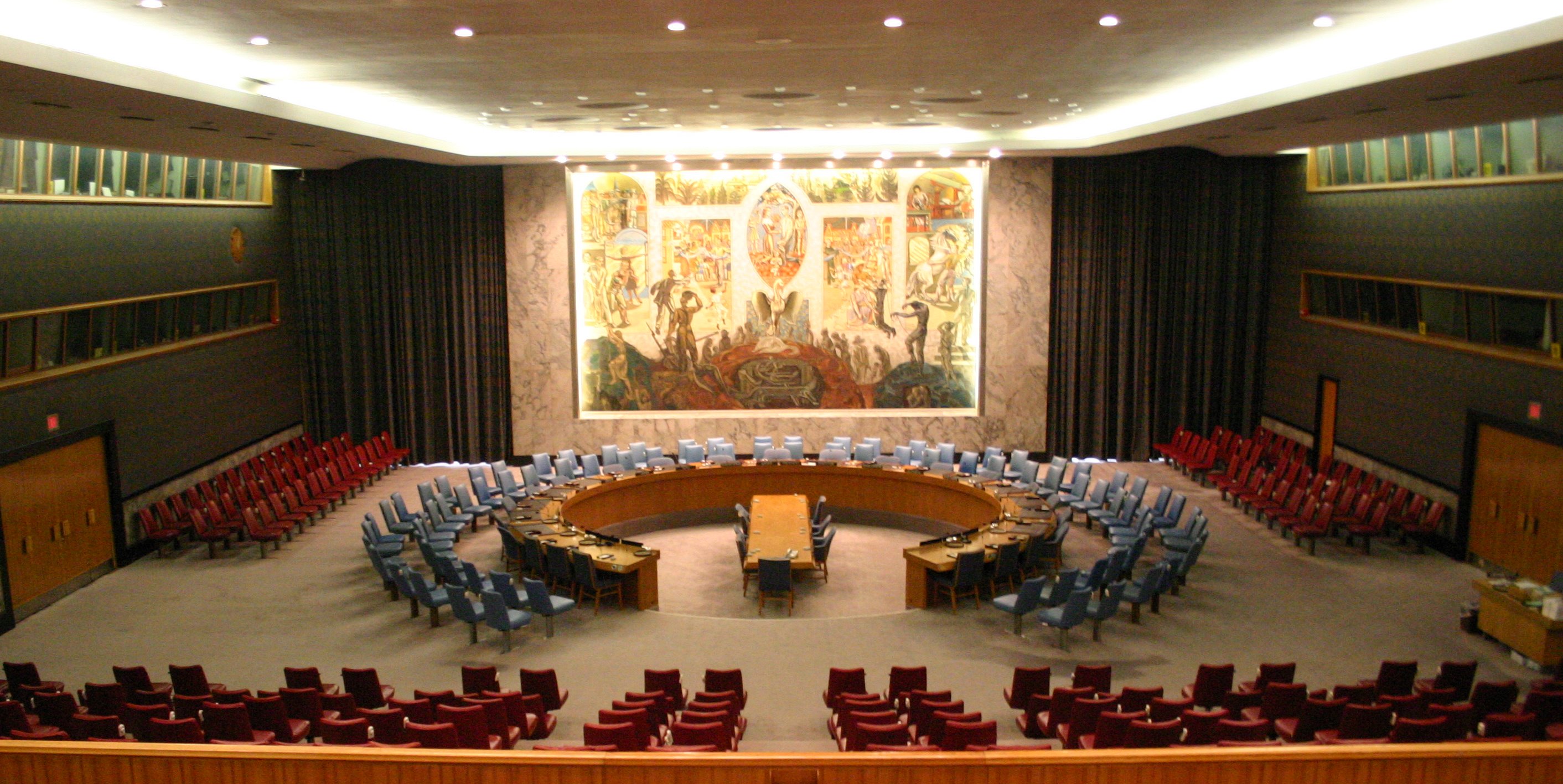
This brief highlights how forests and the forestry sector provide essential services and products to support health and livelihoods during times of crisis, how investing in sustainable forest management and forestry jobs offer opportunities for a green recovery, and how healthy forests build resilience against future pandemics. In this context, it proposes policy recommendations to ensure that forest-based solutions be considered for recovery from the COVID-19 pandemic and building back better.
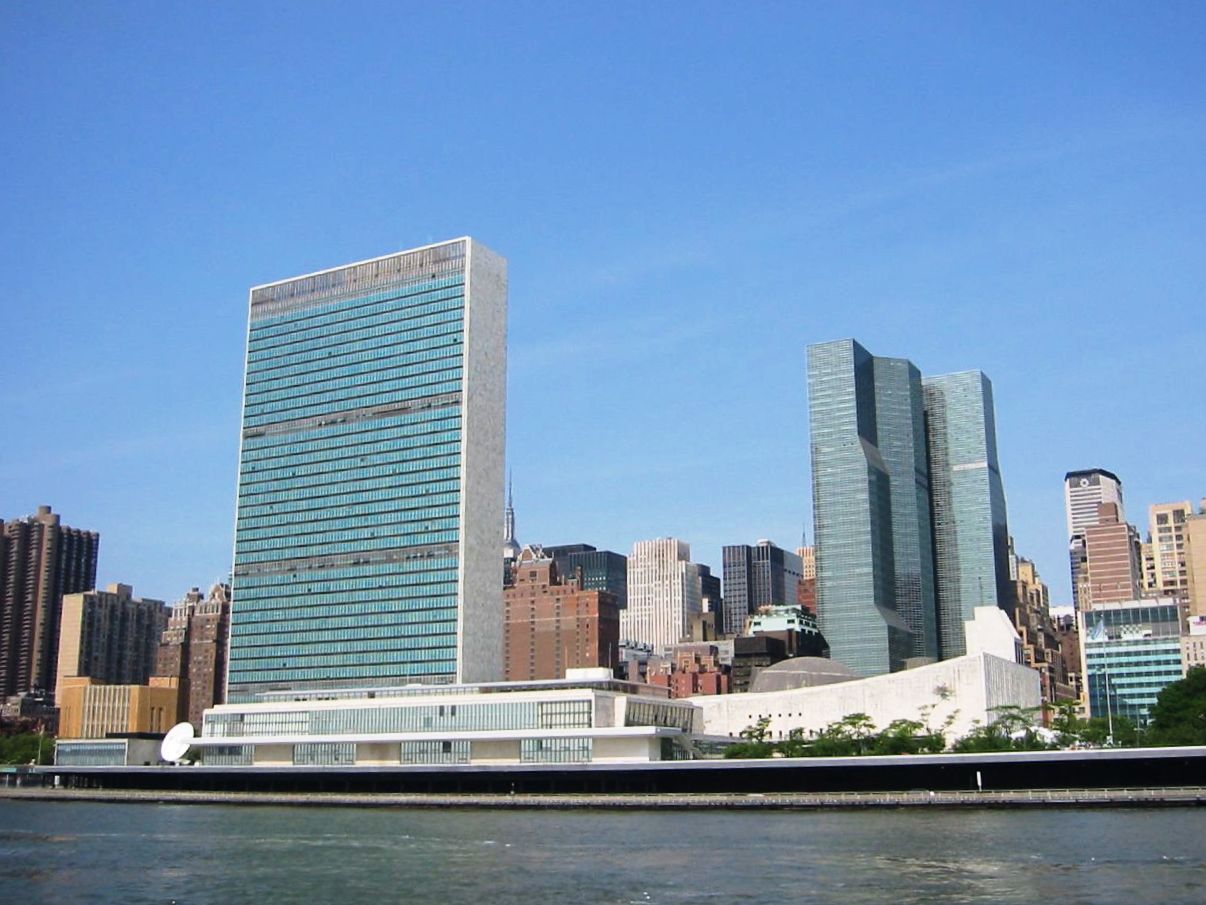
If not contained, the pandemic will jeopardize meeting the 2030 deadline, by diverting resources from development efforts to crisis response. The public servant sits at the heart of ensuring effective response to the crisis, whether as a frontline worker in healthcare, or in devising strategies and plans to mitigate its impact.
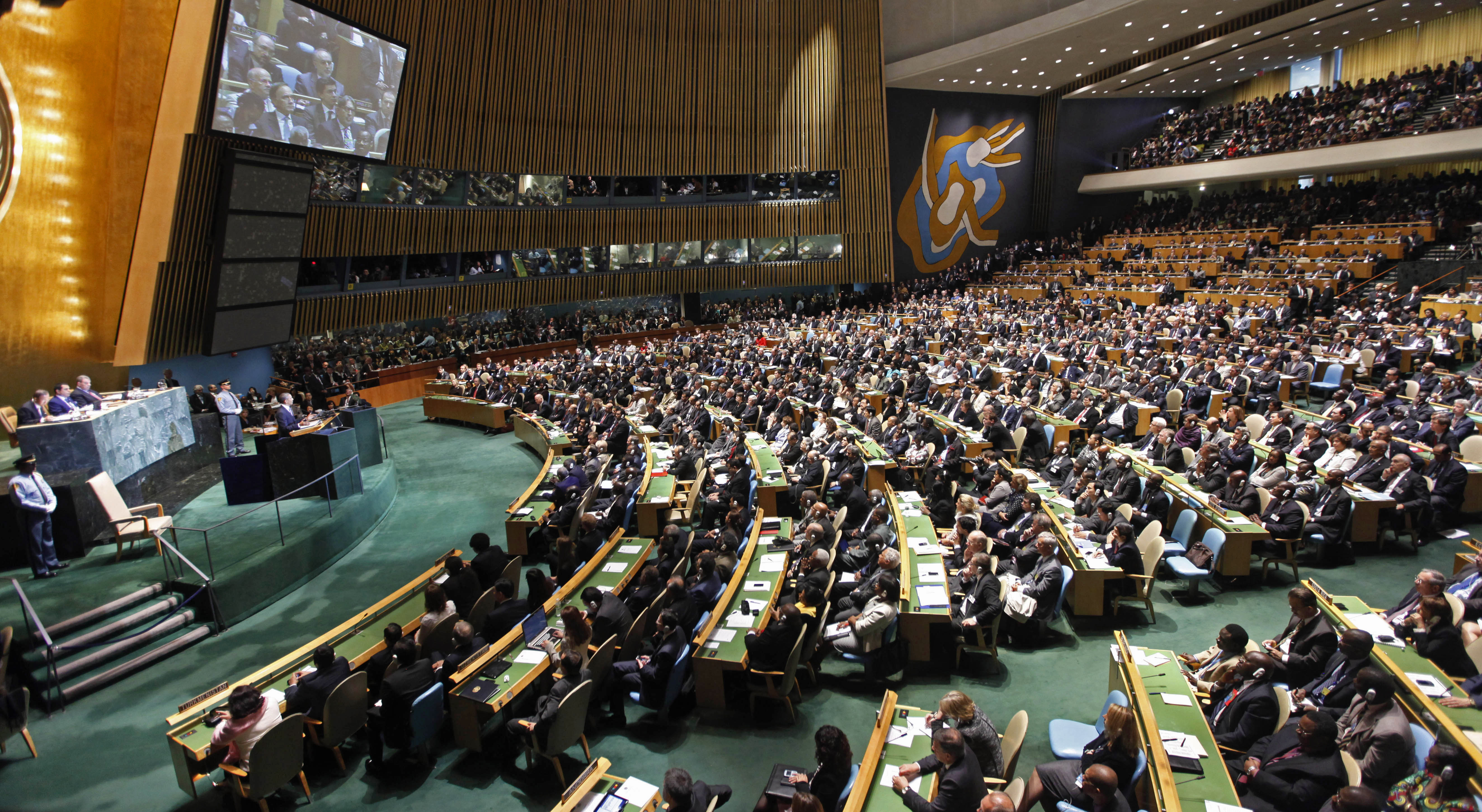
The impact of COVID-19 on SDG achievement will only be known with certainty in the months to come, but assessments for 2020 are bleak. If responses are ad hoc, underfunded and without a view to long-term goals, decades of progress stand to be reversed. However, as countries begin to move towards recovery, coherent and comprehensive actions can place the world on a robust trajectory towards achieving sustainable development.
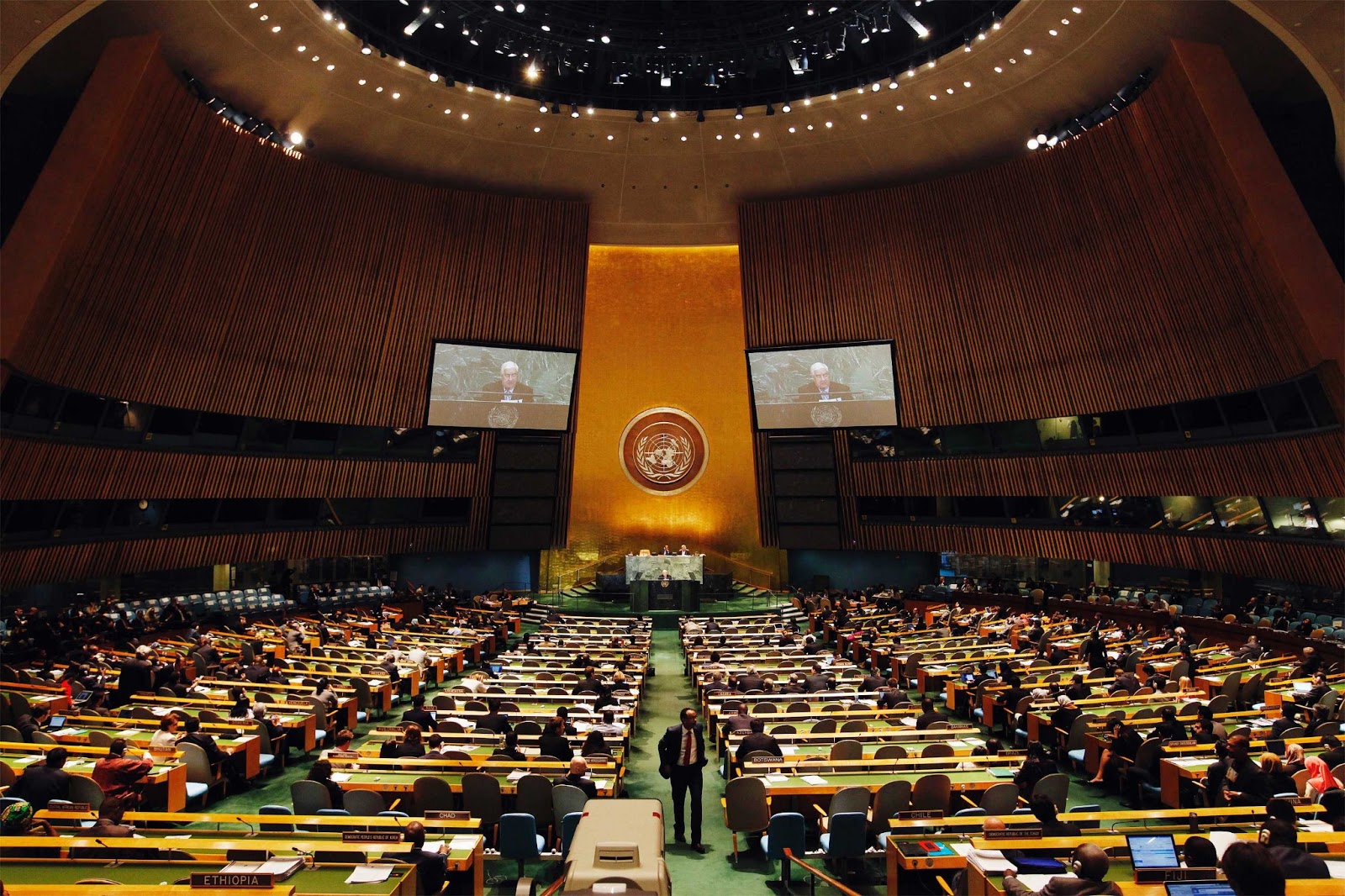
Millions of people are either losing their jobs or going through significant reductions of their income or working hours. This impact is unevenly distributed along education, gender, age and immigration divides.
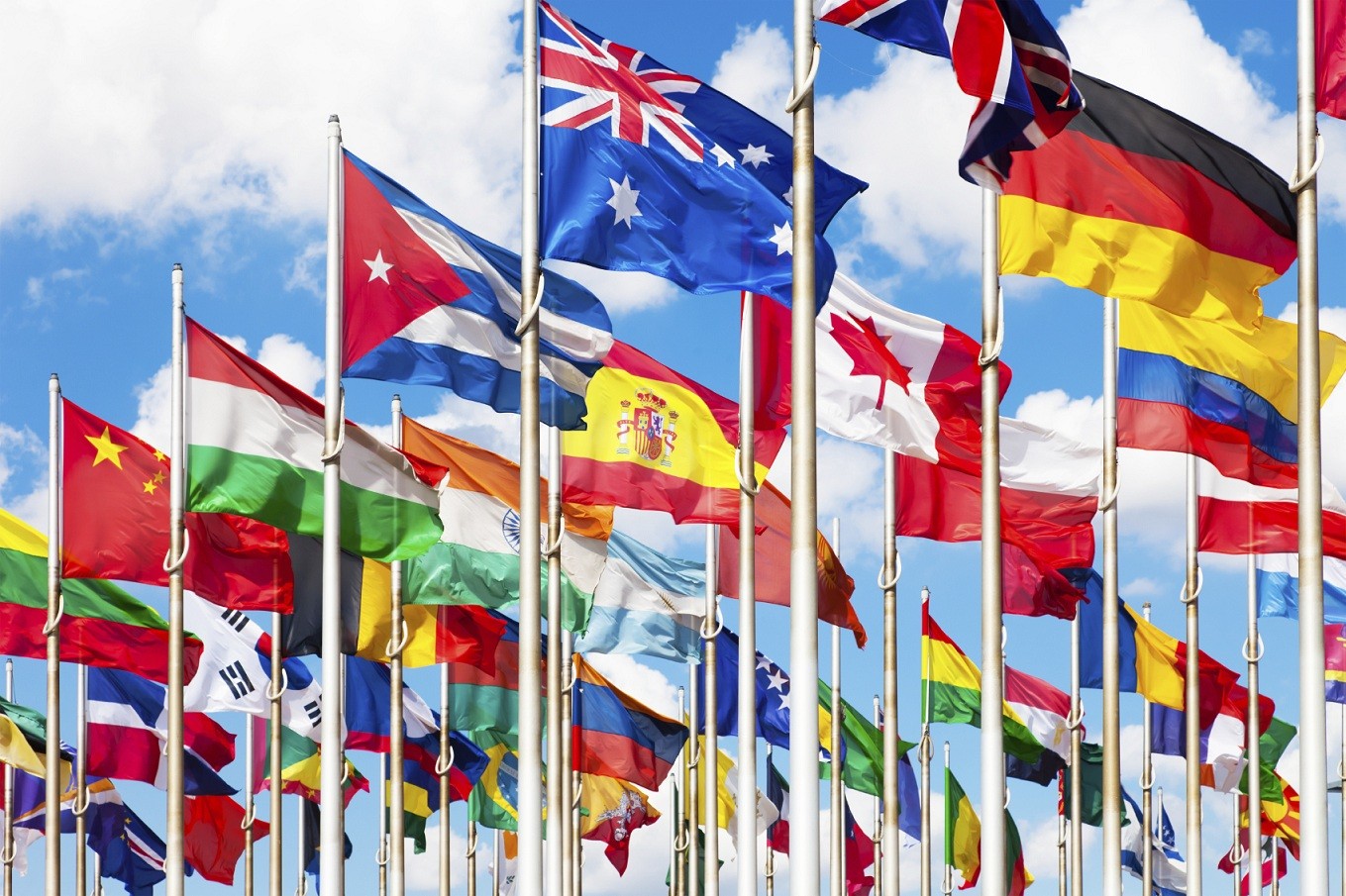
The Covid-19 pandemic is increasing the risks of a balance of payments crisis, a food crisis and a debt crisis in landlocked developing countries
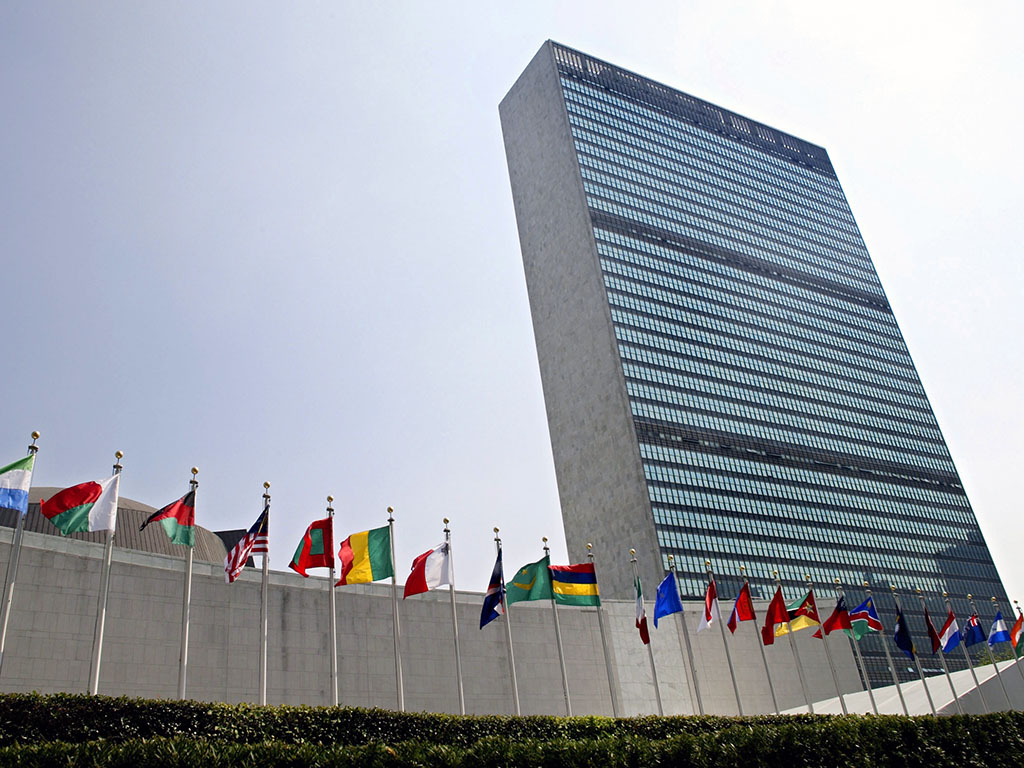
Companies must adapt their business model to reflect growing risks and uncertainties, and help build a sustainable world; doing so is necessary to preserve their financial performance in the long run

This policy brief discusses the role of effective governance, and in particular the role of the relationship between the state and people, in building countries? resiliency and in responding to and managing nation-wide crises such as the COVID-19 pandemic.

The coronavirus (COVID-19) pandemic presents a risk to key dimensions of national institutions highlighted in Sustainable Development Goal 16 (in terms of limiting transparency and access to information, eroding safeguards to accountability including integrity violations, fraud and corruption, and restricting participation and engagement).
 Welcome to the United Nations
Welcome to the United Nations